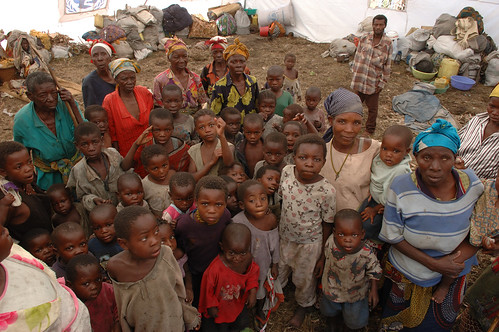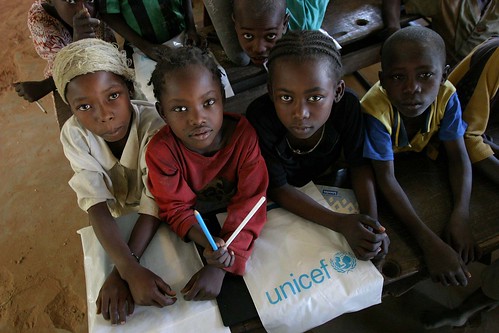During the 49th Session of the Committee on the Rights of the Child, the 19 September 2008 will be devoted to discussion of the right of children to education in emergency situations.
Wars and natural disasters deny children opportunities for education, yet in these situations educational services can not only ameliorate the problems faced by children but indeed be lifesaving. Yet education is often not a priority in humanitarian assistance and funding shortfalls frequently exacerbate the emergency educator's problem.
Emergency education should not be seen as a relief exercise, like handing out cooking pots and blankets, but as a vital dimension of national reconstruction.The Inter-Agency Network for Education in Emergencies (INEE) is a global, open network of non-governmental organizations, UN agencies, donors, practitioners, researchers and individuals from affected populations working together within a humanitarian and development framework to ensure the right to education in emergencies and post-crisis reconstruction. It was founded in 2000.
As the United States seeks solutions to the conflicts in Iraq, Afghanistan and other regions, the INEE Peace Education Program is especially important to our policy.
The term peace education can cover many areas, from advocacy to law reform, from basic education to social justice. This peace education programme is designed to develop people's constructive and peaceful skills, values and behaviours. Ideally this complements and supplements the process of peace building, whereby communities and nations develop social and economic justice (and legal reform where necessary).


No comments:
Post a Comment